Pianist Dmitri Shteinberg, who will be performing in our Sanctuary at 3 p.m. on Sunday, recently e-mailed me his concert program, and he included some fascinating program notes. This is a bit of what Dr. Shteinberg states concerning the Fourth Piano Sonata by Prokofiev, “The sonata is inseparable from Prokofiev’s turbulent life during WWI and his long journey out of Russia.” Even without a text, this great work of art is a window into the complex and ever-changing history of our world. It is a prism through which we can add an additional dimension to our conscious or sub-conscious view of events that we did not experience ourselves. This musical reflection of fear, anxiety, pain, suffering, and adventure comes from a brilliant individual whose means of expression – musical composition – was essentially abstract.
Admittedly, music without text is abstract – to various degrees. Some music comes with a “program,” such as Tchaikovsky’s 1812 Overture or Messiaen’s Twenty Views of the Infant Jesus (for piano). Other pieces have stories or images lurking behind them, such as any piece called “Nocturne.” Other pieces are totally abstract, such and the Vivaldi/Bach Concerto in A minor, the three movements of which I will play as the framing voluntaries of our worship service this Sunday.
Finally, we have music that sets some sort of meaningful text: songs (lieder, chansons), motets, madrigals, hymns, anthems, canticles, and large choral works. Although all music should command our attention (except elevator music!), hymns and anthems such as ones we experience at worship, give us more powerful perspectives on both music and text. As the hymn writer, Fred Pratt Green, has said in his hymn, “When In our Music God is Glorified”:
“How often, making music, we have found
A new dimension in the world of sound,
As worship moved us to a more profound
‘Alleluia’.”
River Road is a church rich in all kinds of meaningful and expressive music – join us whenever a chord is struck or a note is sung.
